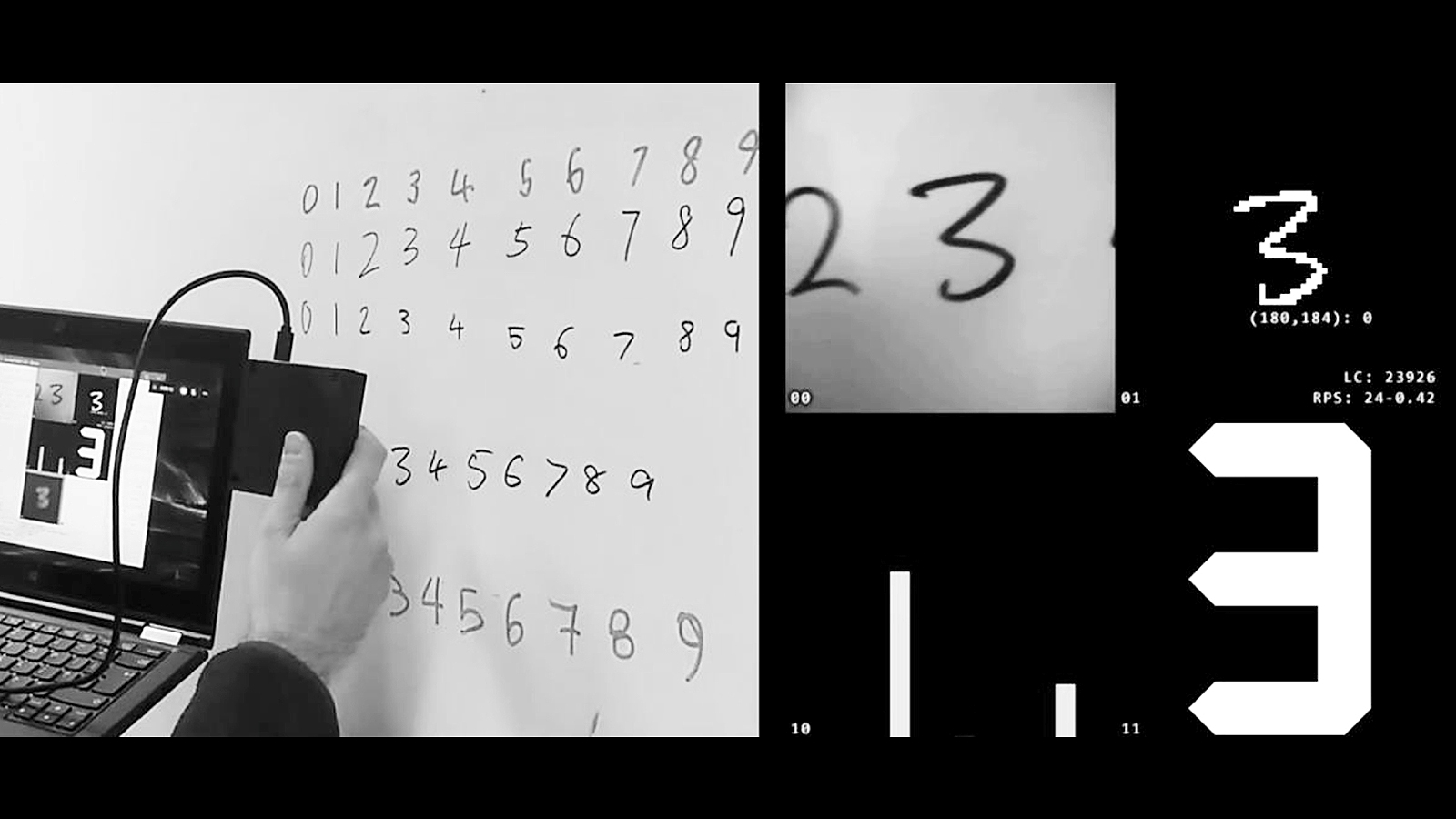By Robert Kim
July 28, 2022
On July 20, the U.K. government halted a technology agreement between a U.K. university and a Chinese firm, representing the first time the U.K. used its powers under the National Security and Investment Act to “scrutinize and intervene in business transactions to protect national security.”
What Happened
The Secretary of State for Business, Energy and Industrial Strategy issued an order blocking a license agreement between the University of Manchester and a Chinese company, Beijing Infinite Vision Technology Company Ltd.
- The deal would have allowed Beijing Infinite Vision to acquire intellectual property relating to the university’s SCAMP-5 and SCAMP-7 vision sensor technology.
- Beijing Infinite Vision Technology says it specializes in 3D rendering technology.
- The order stated that the technology that was to be licensed has dual-use applications and could be used to build capabilities which may present national security risk to the U.K.
SCAMP Vision Sensors
The University of Manchester developed the SCAMP-5 and SCAMP-7 technologies to “tightly integrate novel sensing and processing hardware, together with vision, navigation and control algorithms, to enable the next generation of autonomous robots." The resulting “vision” can be used for robotics, virtual reality, surveillance, and other applications.
- The SCAMP vision sensor integrates processor arrays into the pixels of an image sensor device. The output is an analysis of what the sensor is seeing, as opposed to a traditional raw image, which can aid vision-based robots and more.
The National Security and Investment Act (NSIA)
The National Security and Investment Act (NSIA) came into force in the U.K. on 4 January 2022. Under the Act, the government can scrutinize and intervene in certain acquisitions that could harm the U.K.’s national security.
- The Act allows the government to impose certain conditions on an acquisition and in rare cases may unwind or block an acquisition completely.
- The NSIA’s rules apply to acquisitions that are in progress, contemplation, or have been contemplated. Acquisitions completed before 12 November 2020 are exempt.
- Subject to certain criteria, U.K. persons are legally required to tell the government about acquisitions of certain entities in 17 sensitive areas of the economy:
-
- Advanced Materials
- Advanced Robotics
- Artificial Intelligence
- Civil Nuclear
- Communications
- Computing Hardware
- Critical Suppliers to Government
- Cryptographic Authentication
- Data Infrastructure
- Defence
- Energy
- Military and Dual-Use
- Quantum Technologies
- Satellite and Space Technologies
- Suppliers to the Emergency Services
- Synthetic Biology
- Transport








